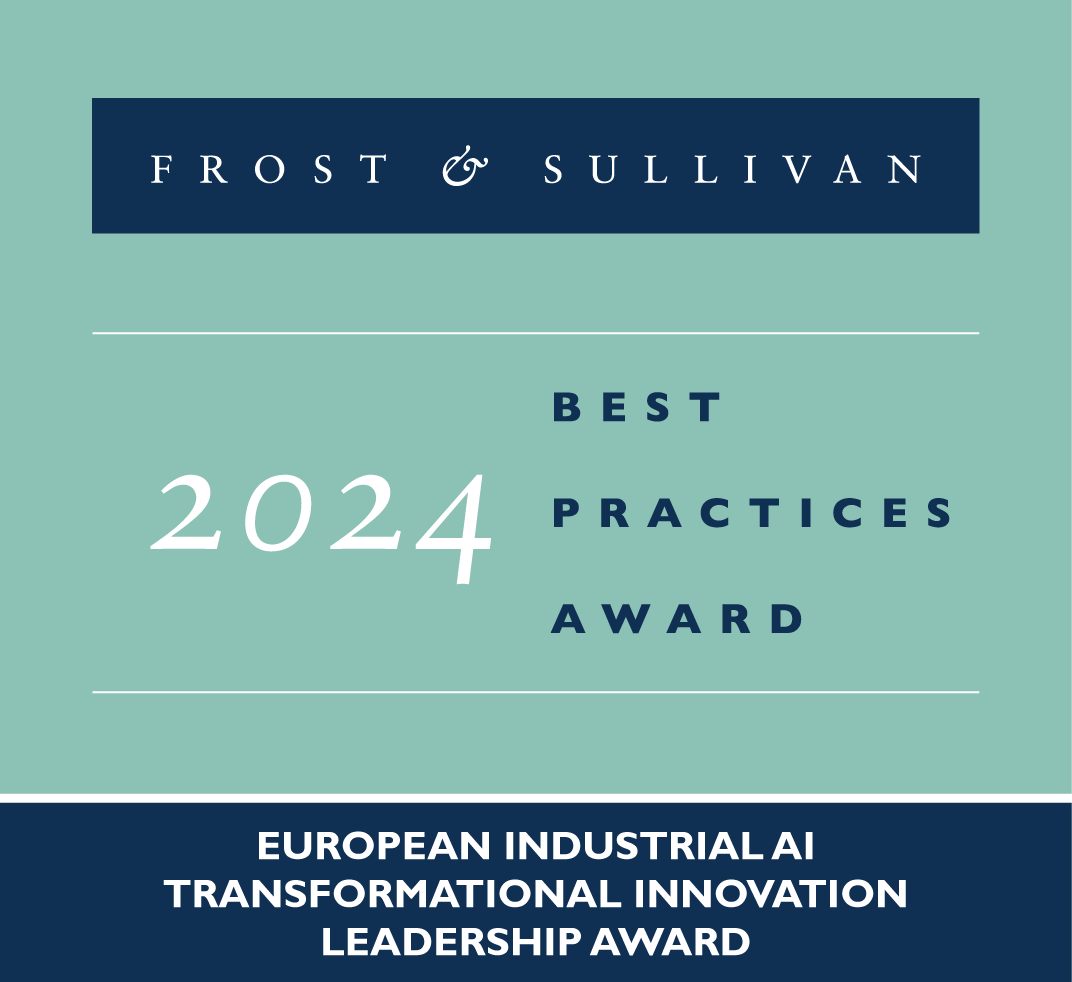Innovative business models such as sludge retail and disruptive applications like hydrogen fuel from sludge to complement growth in the sector, finds Frost & Sullivan
LONDON, 7 November 2019 – The need to replenish decreasing reserves of phosphorous—a non-renewable mineral used in agriculture—and renovate existing sewage and sludge treatment infrastructure to cope with a rapidly rising urban population have emerged as the key factors driving the circular economy of the sludge treatment systems market in Europe. Frost & Sullivan has forecast the sector to grow at a steady CAGR of 6.4% between 2018 and 2025, with revenues predicted to rise from $3.46 billion to $5.33 billion.
“Though the nutrient recovery segment in sludge treatment has a lesser market share, it is gaining a lot of traction in Europe due to decreasing phosphorus reserves,” said Deepthi Kumar Sugumar, Senior Research Analyst, Energy and Environment at Frost & Sullivan. “The use of sludge-derived phosphorous in fertilisers will help reduce waste, lower energy consumption, and also limit the risk of phosphorus shortage.”
Frost & Sullivan’s latest research, Growth Opportunities in the Circular Economy of European Sludge Treatment Systems Market, Forecast to 2025, analyses the key trends and factors that have impacted the development of the sludge treatment circular economy in Europe. The research also explores the key market drivers, challenges that lie ahead, and growth opportunities present in the sector. It offers detailed revenue and volume forecasts through to 2025.
For further information on this analysis, please visit: http://frost.ly/3vh
The emergence of disruptive new applications and innovative business models has provided additional support to the sector’s growth. Companies are developing ingenious treatment technologies to enhance phosphorus recovery, produce hydrogen fuel from sludge, convert sludge into activated carbon, and optimise the conversion of biosolids to electricity.
“Sludge treatment system providers should adopt innovative business models such as asset management, sludge retail, and co-digestion to maintain their competitive edge,” noted Deepthi. “They should also explore forging partnerships with companies offering digitalisation solutions, which would enhance their product portfolio and improve their service propositions.”
Vendors operating in this sector can capitalise on the opportunities in:
- Using the energy generated from sludge to run operations along the entire value chain.
- Producing hydrogen fuel from sludge, which can be used to power automobiles.
- Offering solutions that help customers achieve their sustainability targets.
Growth Opportunities in the Circular Economy of European Sludge Treatment Systems Market, Forecast to 2025 is a part of Frost & Sullivan’s Energy and Environment Growth Partnership Service program, which helps organisations identify a continuous flow of growth opportunities to succeed in an unpredictable future.
About Frost & Sullivan
For over five decades, Frost & Sullivan has become world-renowned for its role in helping investors, corporate leaders and governments navigate economic changes and identify disruptive technologies, Mega Trends, new business models and companies to action, resulting in a continuous flow of growth opportunities to drive future success. Contact us: Start the discussion.
Growth Opportunities in the Circular Economy of European Sludge Treatment Systems Market, Forecast to 2025
MECC-15
Contact:
Kristi Cekani
Corporate Communications – Frost & Sullivan, Europe
P: +39 (0)2 4851 6133
E: kristi.cekani@frost.com




